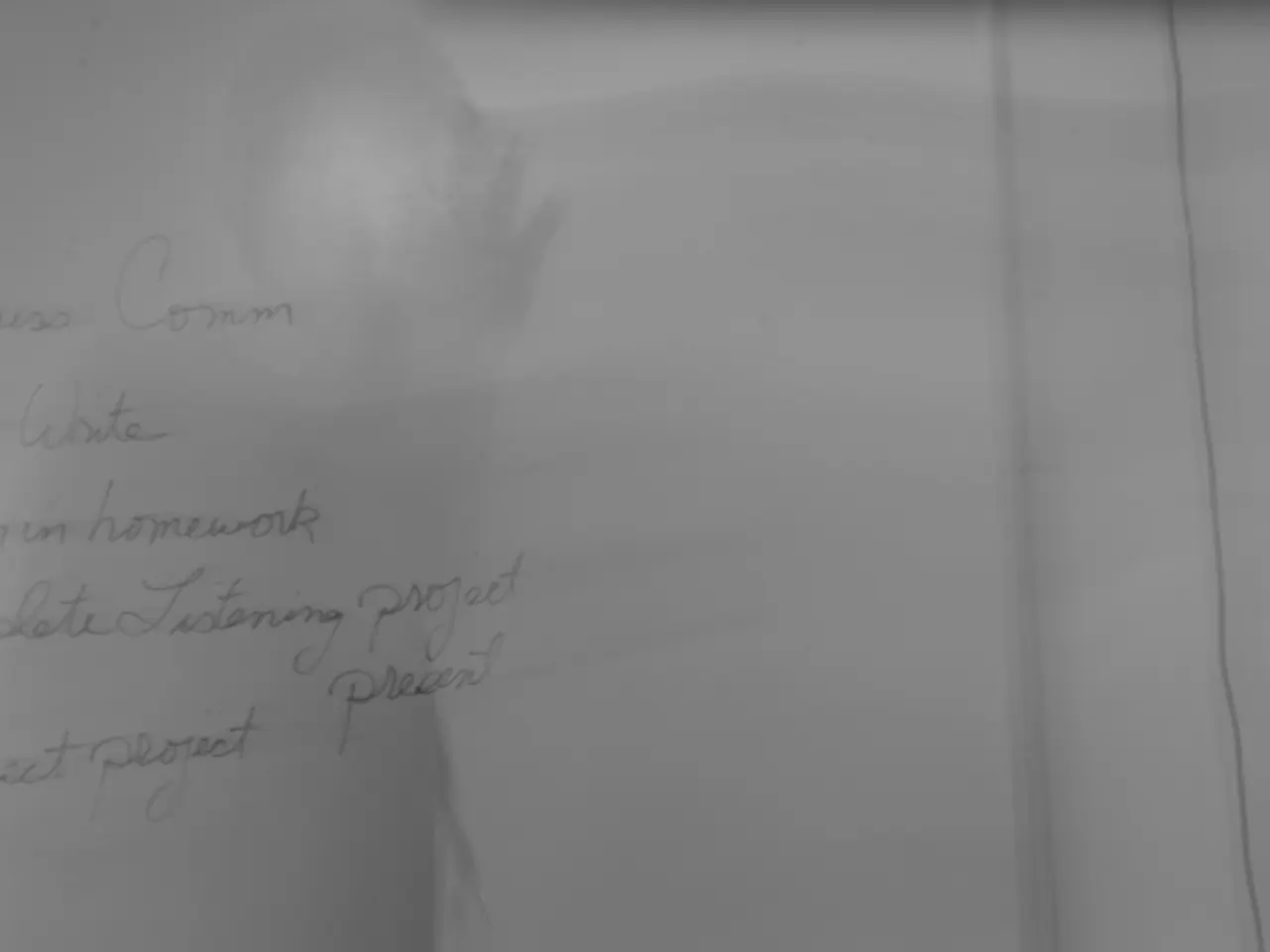The potential consequences of prioritizing unfettered trade over all considerations
The EU-Mercosur trade agreement, initially negotiated and largely completed in 2019, is currently facing prolonged delays and controversies, particularly around environmental and agricultural concerns.
### Controversies and Opposition
The agreement has been heavily criticised by environmental activists and organisations, such as Greenpeace, for failing to adequately address deforestation and forest degradation in Mercosur countries, particularly Brazil. Critics argue that the deal does not meet the criteria of the EU's own deforestation regulations (EUDR) and might even weaken enforcement mechanisms, potentially worsening deforestation through expanded agricultural production.
European farmers and agricultural unions express concern that the deal would open the EU market to cheaper agricultural imports, such as beef and soy, from Mercosur countries, potentially impacting local producers' livelihoods. The soy used in European animal feed from Mercosur is linked to deforestation, land grabbing, corruption, and violence against indigenous and traditional communities.
### Political and Geopolitical Factors
The agreement’s stalled progress is also due to differing political priorities within the EU and Mercosur countries, as well as geopolitical considerations. Although the deal is seen by some as strategically important for EU relations with South America, environmental and social criticisms have made ratification difficult.
### Potential Impact
The deal risks accelerating deforestation and biodiversity loss in the Amazon and Cerrado regions unless the environmental safeguards are significantly strengthened. European farmers fear increased competition from Mercosur agricultural exports produced under less stringent environmental and social standards.
As the EU Commission aims to send the EU-Mercosur trade agreement to member states for review as soon as possible, activists, some EU countries, and industry sectors continue to oppose the deal unless it incorporates stronger, verifiable sustainability commitments that do not undermine existing EU environmental laws like the EUDR.
Sources:
[1] Greenpeace International. (2023). The EU-Mercosur trade deal: a threat to the Amazon and the climate. Retrieved from https://www.greenpeace.org/international/en/publications/Reports/The-EU-Mercosur-trade-deal-a-threat-to-the-Amazon-and-the-climate/
[2] Fern. (2023). EU-Mercosur trade deal: a threat to the Amazon and the climate. Retrieved from https://www.fern.org/news/eu-mercosur-trade-deal-a-threat-to-the-amazon-and-the-climate
[3] WWF. (2023). EU-Mercosur trade deal: a threat to the Amazon and the climate. Retrieved from https://www.wwf.org.uk/updates/eu-mercosur-trade-deal-threat-amazon-and-climate
[4] European Commission. (2023). EU-Mercosur trade agreement. Retrieved from https://ec.europa.eu/trade/policy/countries-and-regions/countries/south-america/mercosur/
[5] European Parliament. (2023). EU-Mercosur trade agreement. Retrieved from https://www.europarl.europa.eu/legislative-train/theme-78776/20210325ATT826069/document-8-20210325ATT826069-0001-Text-amended-version-of-the-EU-Mercosur-trade-agreement-and-associated-documents-received-by-the-European-Parliament-on-25-March-2021_EN.html
- Following criticism from environmental organizations like Greenpeace, the ratification of the EU-Mercosur trade agreement is difficult due to concerns about its inadequate address of deforestation and forest degradation in Mercosur countries.
- European agricultural unions warn that the agreement may open the EU market to cheaper agricultural imports from Mercosur countries, impacting local producers' livelihoods and contributing to deforestation due to the soy used in European animal feed from Mercosur being linked to deforestation.
- As the EU Commission plans to review the EU-Mercosur trade agreement soon, activists, some EU countries, and certain industry sectors demand stronger, verifiable sustainability commitments in the deal, fearing that it might undermine existing EU environmental laws like the EUDR.
- The EU-Mercosur trade agreement faces geopolitical challenges as well, with differing political priorities and the strategic importance of EU relations with South America making ratification complex.






